- Browse
- Compilers
Compilers Courses
Compiler courses can help you learn syntax analysis, semantic analysis, code generation, and optimization techniques. You can build skills in parsing algorithms, error handling, and implementing programming languages. Many courses introduce tools like Lex and Yacc for lexical analysis and parsing, as well as LLVM for code optimization, demonstrating how these skills are applied in creating efficient compilers and interpreters.
Popular Compilers Courses and Certifications
 Status: Free TrialFree TrialJ
Status: Free TrialFree TrialJJohns Hopkins University
Skills you'll gain: Artificial Neural Networks, Image Analysis, Event-Driven Programming, Scalability, Deep Learning, C and C++, Performance Tuning, Convolutional Neural Networks, Data-oriented programming, C++ (Programming Language), Digital Signal Processing, Linear Algebra, Distributed Computing, Computer Graphics, System Programming, Mathematical Software, Numerical Analysis, Programming Principles, Computer Architecture, Machine Learning
Build toward a degree
2.8·Rating, 2.8 out of 5 stars188 reviewsIntermediate · Specialization · 3 - 6 Months
 Status: Free TrialFree TrialU
Status: Free TrialFree TrialUUniversity of California, Irvine
Skills you'll gain: Go (Programming Language), Back-End Web Development, Object Oriented Programming (OOP), System Programming, Debugging, Algorithms, Functional Design, Computer Programming Tools, Data Access, Data Structures, Software Design, Operating Systems, Computer Architecture
4.6·Rating, 4.6 out of 5 stars3K reviewsIntermediate · Specialization · 3 - 6 Months
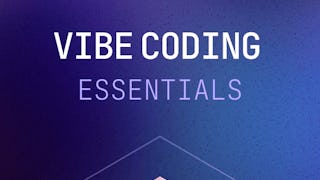 Status: Free TrialFree Trial
Status: Free TrialFree TrialSkills you'll gain: Model Context Protocol, Claude Code, Vibe coding, Microsoft Copilot, AI Workflows, Anthropic Claude, Tool Calling, GitHub, Context Management, Web Development, Real Time Data, Debugging, AI Security, Artificial Intelligence and Machine Learning (AI/ML), Servers, Prompt Engineering, Application Development, Video Game Development, Generative AI, Software Engineering
4.5·Rating, 4.5 out of 5 stars305 reviewsBeginner · Specialization · 3 - 6 Months
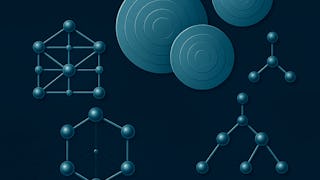 Status: NewNewB
Status: NewNewBBirla Institute of Technology & Science, Pilani
Skills you'll gain: Theoretical Computer Science, Computer Programming, Pseudocode, Algorithms, Computer Science, Formal Learning, Software Engineering, Program Development, Data Science, Analysis, Debugging, Technical Analysis
Intermediate · Course · 1 - 3 Months
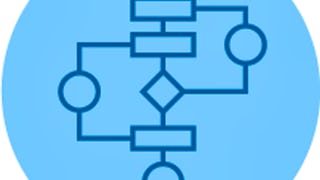 Status: Free TrialFree Trial
Status: Free TrialFree TrialSkills you'll gain: Computational Thinking, Algorithms, Graph Theory, Data Structures, C++ (Programming Language), C and C++, Programming Principles, Computer Programming, Object Oriented Programming (OOP), Technical Design, Theoretical Computer Science
4.6·Rating, 4.6 out of 5 stars16 reviewsIntermediate · Specialization · 1 - 3 Months
 Status: FreeFreeP
Status: FreeFreePPrinceton University
Skills you'll gain: Theoretical Computer Science, Data Structures, Computer Science, Computer Architecture, Algorithms, Programming Principles, Computational Logic, Java Programming, Computer Hardware, Scalability
4.7·Rating, 4.7 out of 5 stars746 reviewsIntermediate · Course · 1 - 3 Months
What brings you to Coursera today?
 Status: Free TrialFree TrialE
Status: Free TrialFree TrialEEdureka
Skills you'll gain: Rust (Programming Language), Back-End Web Development, System Programming, Web Frameworks, Web Development, Web Servers, Software Documentation, Scalability, Maintainability, Secure Coding, Debugging, Application Development, Authentications, Authorization (Computing)
3.7·Rating, 3.7 out of 5 stars27 reviewsIntermediate · Specialization · 1 - 3 Months
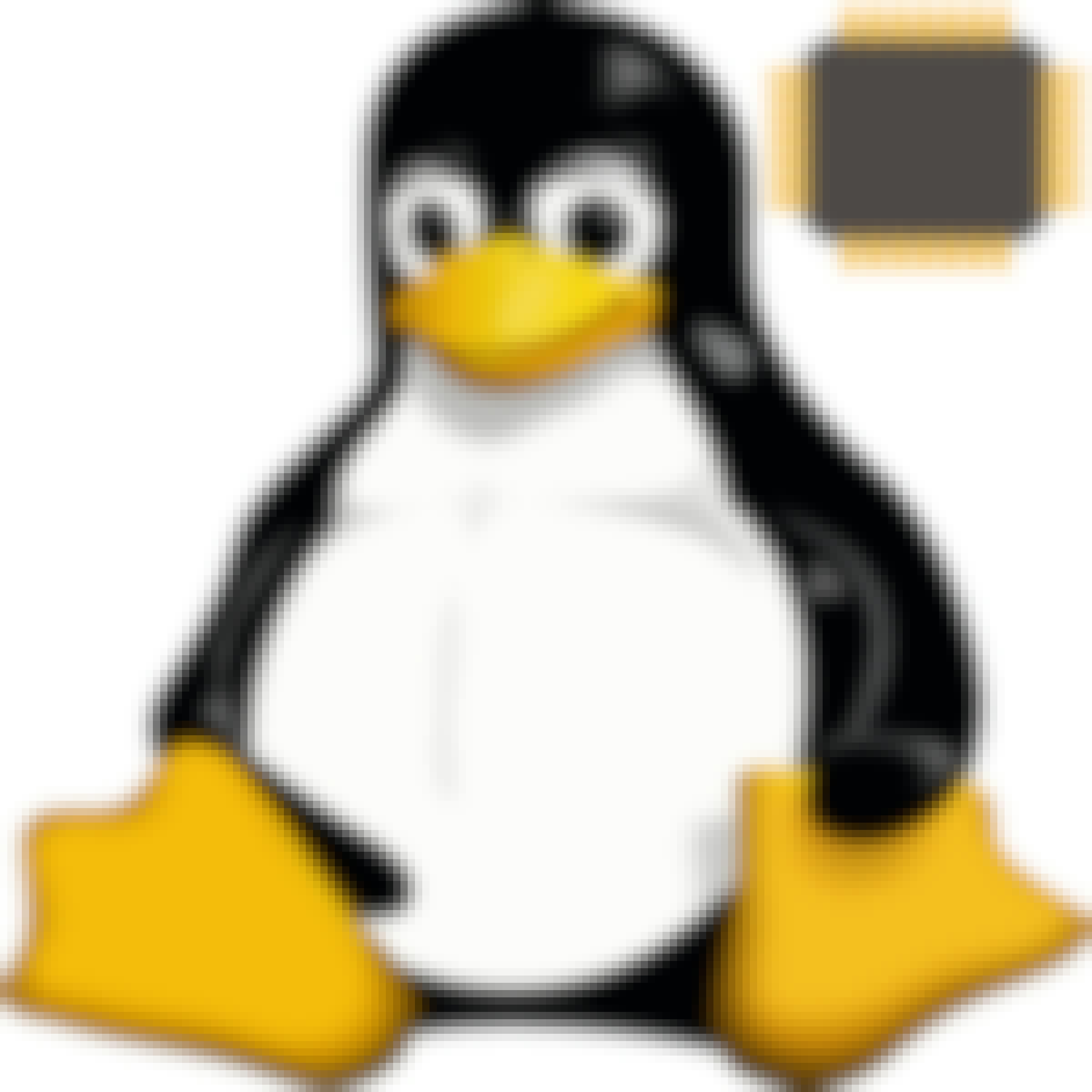 Status: Free TrialFree TrialU
Status: Free TrialFree TrialUUniversity of Colorado Boulder
Skills you'll gain: System Programming, Embedded Systems, Linux, File I/O, Linux Commands, Linux Servers, Operating Systems, Bash (Scripting Language), Shell Script, OS Process Management, Build Tools, C and C++, Cross Platform Development, Debugging, Electrical Engineering
4.3·Rating, 4.3 out of 5 stars143 reviewsAdvanced · Course · 1 - 4 Weeks
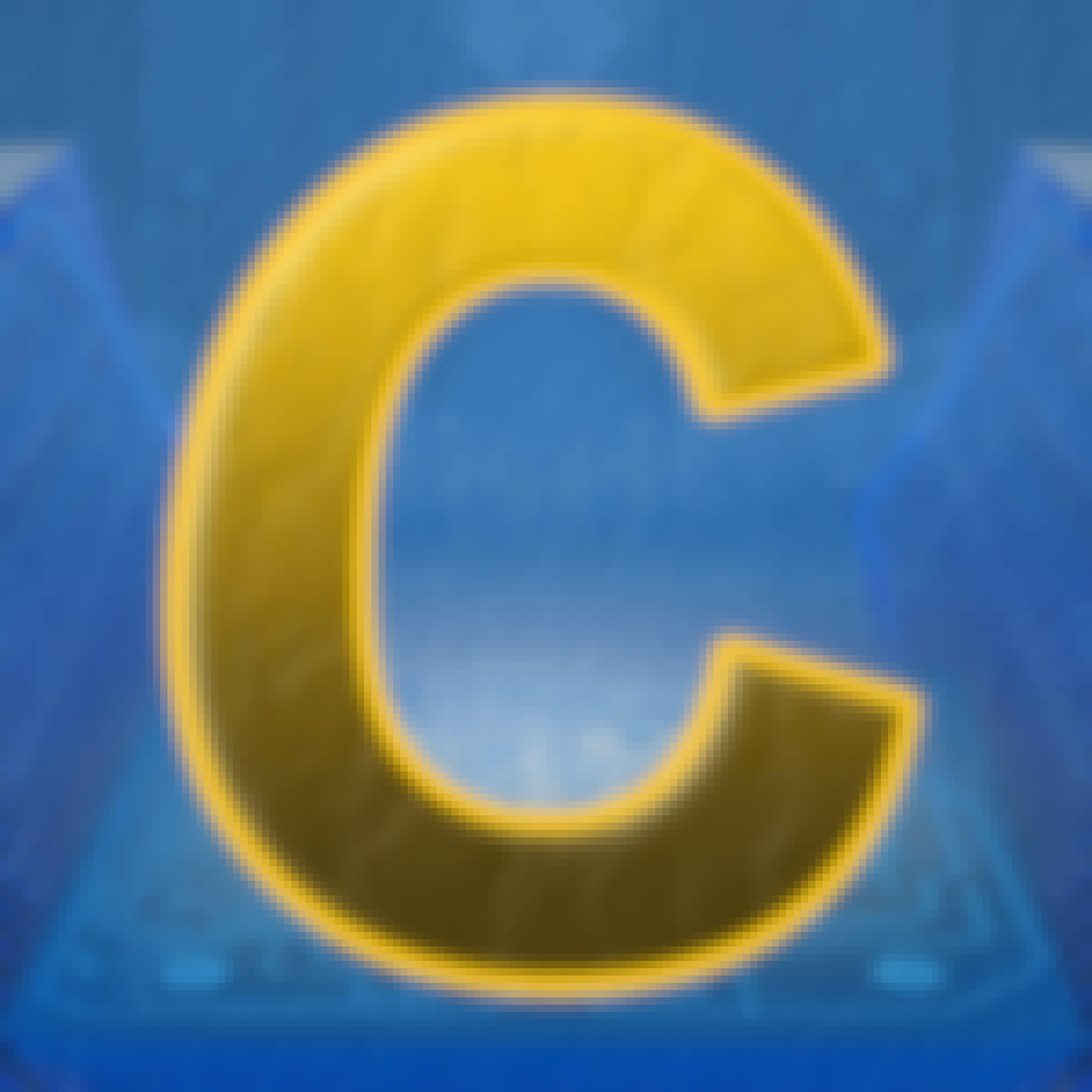 Status: Free TrialFree TrialU
Status: Free TrialFree TrialUUniversity of Michigan
Skills you'll gain: C (Programming Language), Data Structures, Application Security, System Programming, Programming Principles, Performance Tuning
4.5·Rating, 4.5 out of 5 stars71 reviewsIntermediate · Course · 1 - 4 Weeks
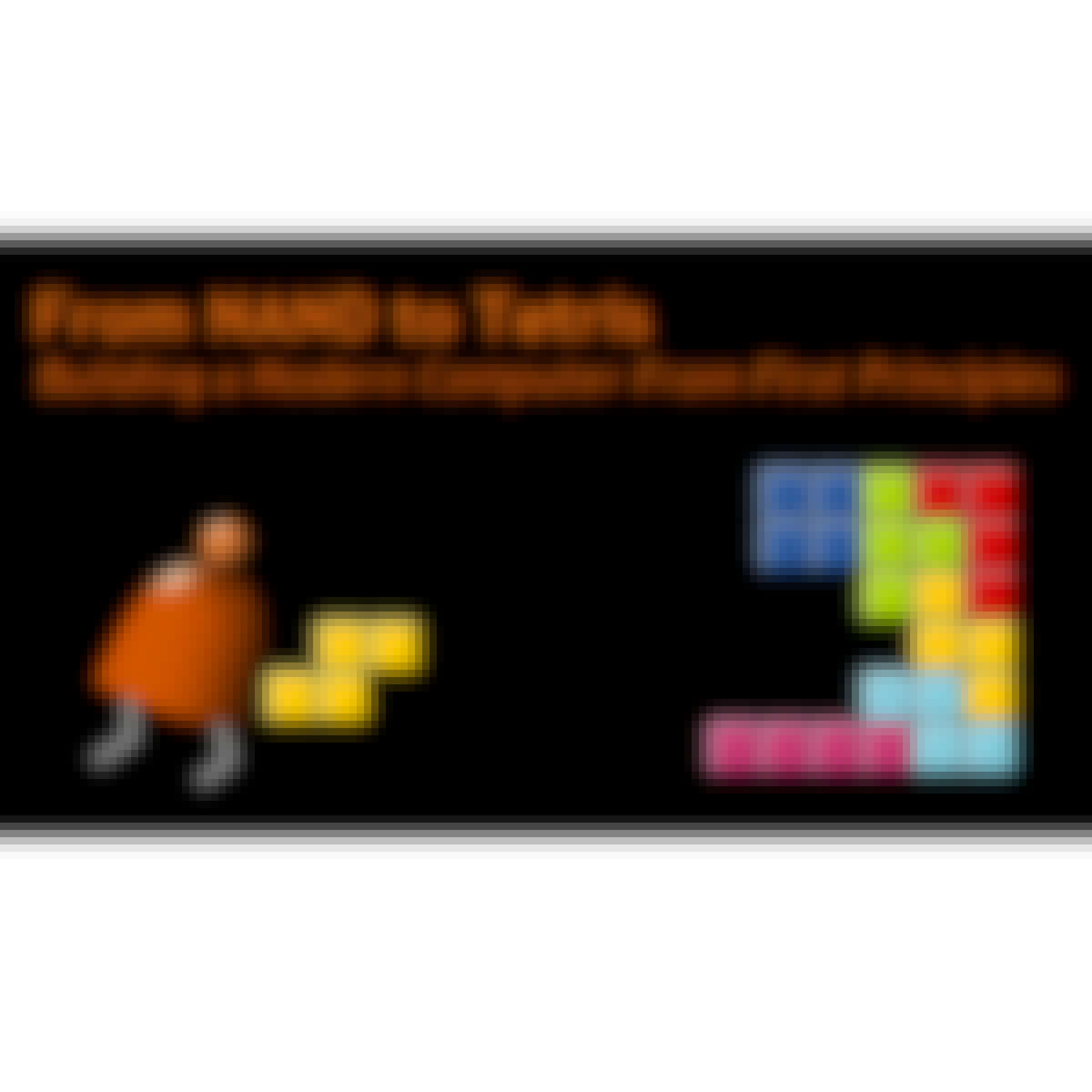 Status: PreviewPreviewH
Status: PreviewPreviewHHebrew University of Jerusalem
Skills you'll gain: Computer Science, Computer Engineering, Computer Architecture, Computer Programming, System Programming, Virtual Machines, Operating Systems, Software Architecture, Algorithms, Software Design, Program Development, Object Oriented Programming (OOP), Data Structures, Computer Graphic Techniques
4.9·Rating, 4.9 out of 5 stars532 reviewsMixed · Course · 1 - 3 Months
 Status: PreviewPreview
Status: PreviewPreviewSkills you'll gain: Malware Protection, Exploitation techniques, Exploit development, Cyber Threat Hunting, Cyber Security Assessment, Application Security, Threat Detection, Virtual Machines, Code Review, Debugging, System Programming, Scripting, Windows PowerShell, Virtual Environment, Linux, File Management
4.5·Rating, 4.5 out of 5 stars86 reviewsIntermediate · Course · 1 - 3 Months
 Status: PreviewPreview
Status: PreviewPreviewSkills you'll gain: Microarchitecture, Computer Architecture, Hardware Architecture, Computer Hardware, Computer Systems, Computer Science, Embedded Systems, OS Process Management, Computer Programming, C (Programming Language), Program Development, C# (Programming Language)
4.7·Rating, 4.7 out of 5 stars70 reviewsBeginner · Course · 1 - 3 Months
In summary, here are 10 of our most popular compilers courses
- GPU Programming: Johns Hopkins University
- Programming with Google Go: University of California, Irvine
- Vibe Coding Essentials - Build Apps with AI: Scrimba
- Formal Languages and Applications: Birla Institute of Technology & Science, Pilani
- C++: Data Structures and Algorithms: Codio
- Computer Science: Algorithms, Theory, and Machines: Princeton University
- Programming with Rust: Edureka
- Linux System Programming and Introduction to Buildroot: University of Colorado Boulder
- Data Structures in C: University of Michigan
- Build a Modern Computer from First Principles: Nand to Tetris Part II (project-centered course): Hebrew University of Jerusalem
Frequently Asked Questions about Compilers
Compilers are programs that convert high-level, human-readable source code written in a programming language such as C++ into machine-readable object code that can be executed by a computer. In the process of compiling, the source code is checked for syntax errors, improper variable and function calls, linker errors, and other common debugging issues, which can then be identified and fixed before compiling or “building” again. Understanding how compilers work and when to compile a program is an important fundamental skill for software development.
C programming and the use of other compiled languages requires a different process compared to interpreted languages such as Python or JavaScript, which read, translate, and execute code line by line. Interpreted languages offer greater speed and flexibility in the software development process, since programmers don’t have to compile the entire source code every time before testing. However, because compiled languages deliver native machine code that doesn’t have to be translated at run time, these programs typically offer faster execution.
A background in working with compiled programming languages such as C++ is essential for pursuing a career in software development. Interpreted languages that don’t rely on compilers such as Python and Ruby are becoming more popular, especially with the advent of “just-in-time” compilation techniques that can improve their execution speed. However, tried-and-true compiled languages remain essential for many applications due to their faster runtimes and more reliable debugging processes.
It’s no surprise that software developers are in demand these days, and working in this field means a wide range of exciting and high-paying work opportunities. According to the Bureau of Labor Statistics, software developers earned a median annual salary of $107,510 in 2019, and these jobs are projected to grow by 22% between 2019 and 2029 - much faster than the national average for all occupations.
Yes! Coursera offers an incredible variety of learning opportunities in computer science, including courses as well as Specializations in C programming and other languages that rely on compilers. You can learn from top-ranked schools like Duke University, the University of Illinois at Urbana-Champaign, and University of California Santa Cruz while paying a significantly lower tuition than on-campus students. And, because you can view and complete course materials on a flexible schedule, learning about compilers through Coursera can be a great fit for students as well as mid-career professionals looking to build new skills in computer programming.
People who work as a compiler or with compilers are most successful when they are detail-oriented and have good problem-solving skills. They also have good computer skills, which can include proficiency in generating code, using programming languages like C++ and Java, and using operating systems like Linux and Windows. People best suited for roles using compilers work well in both a team environment and independently, have strong analytical skills, and possess a strong aptitude for learning and innovating.
It is possible to begin a career path using compilers with a high school diploma or GED and start out with a role as a software build engineer, for example. People who use compilers usually have a bachelor's degree in computer science, information technology, engineering, however, and take on roles like associate software developer, software development engineer, or compiler engineer. Those who want to advance to positions that require more responsibility, such as a senior software engineer, will likely require a master's degree.
The types of places that hire people with a background in compilers are varied and include aerospace and defense companies like Northrop Grumman, technology companies like Intel and Apple, computer hardware companies like IBM, and national security organizations like Peraton. Places that hire software programmers and engineers are where you'll find people with a background in compilers. You'll also find these professionals working for places like Amazon and GitHub in their development departments.
Topics related to compilers that you can study and enhance your job skills include programming in Python, Objective-C, Swift, JavaScript, and the many additional languages used to create compilers. You can also study version control systems like subversion or git, text editors like vim and emacs, or topics in web systems development and web application development. Additional related topics that you can study include Amazon Web Services (AWS), Scrum, Azure, and agile methodologies and tools.
Online Compilers courses offer a convenient and flexible way to enhance your knowledge or learn new Compilers skills. Choose from a wide range of Compilers courses offered by top universities and industry leaders tailored to various skill levels.
When looking to enhance your workforce's skills in Compilers, it's crucial to select a course that aligns with their current abilities and learning objectives. Our Skills Dashboard is an invaluable tool for identifying skill gaps and choosing the most appropriate course for effective upskilling. For a comprehensive understanding of how our courses can benefit your employees, explore the enterprise solutions we offer. Discover more about our tailored programs at Coursera for Business here.










